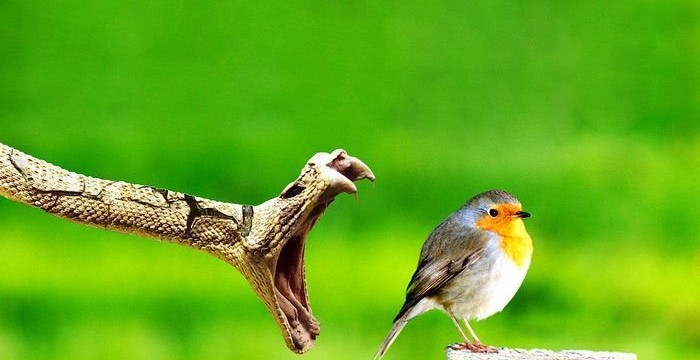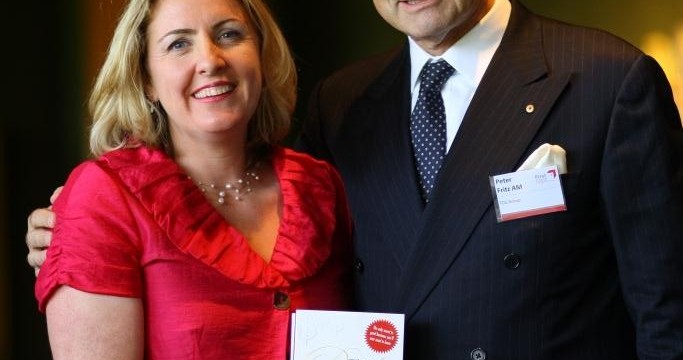Momentum de-clutters and de-mystifies the vast array of corporate sustainability and … Read More

Part-time vegetarians
How to turn half the world vegetarian in an instant!
Experts have warned of the climate implications of meat production for several years now and beef is particularly damaging. Decaying manure and flatulent cows release methane, a greenhouse gas. In addition, the production of only 1kg of meat requires 15 kg or grain and 30 kg of forage. Grain in turn needs to be fertilised which requires further energy. Continue Reading

how to start a movement for sustainability
The beginning of a new year offers an opportunity for a fresh start full of good intentions.
2010 marked the beginning of a new decade with great hopes for sustainable development including biodiversity – BUT it was not a good year for global sustainable development. It was marked and marred by an entirely preventable, highly publicised, major environmental disaster and, in the main, a “business as usual” approach.
It was also marked by increased calls for true sustainability versus the rhetoric of Corporate Social Responsibility (CSR) and its various incarnations. So what kind of year will 2011 become and be remembered for? Will it become known as the year where we galavanise into positive action? Will it be remembered for a substantial swing towards long term planning? 2012 will mark the 25th anniversary of the 1987 Brundtland Commission report, Our Common Future – what do we have to show after 25 years of mainstreaming sustainable development ? Not much I am afraid.
BUT, there is hope yet.
There are many excellent initiatives aiming to deliver a sustainable lifestyle for all. What can we do to accellerate positive change? Among many other things we need to highlight and promote the work of entrepreneurs who drive worldchanging intiatives, small and large, wherever they may be. It has long been a passion of mine to build on existing achievements and I adore Derek Siver’s simple but compelling TED video below on how to start a movement which brings home the importance of courage to go against the tide, team work and puts a smile on ones’ face!
Check out these articles and intiatives for further stimulation and I look forward to your comments!
‘Splashing around in the citizenship shallows‘ by John Elkington
The Transition Decade for a safe climate future 2010 – 2020

i am dreaming of a green christmas
Christmas and New Year are just around the corner and product advertising is rampant. Among the many voices competing for our attention is an emerging call for a greener Christmas. For obvious reasons: while Christmas is a time for generosity it is also a time for great excess. The amount of waste that goes to landfill in Australia over the festive season is higher than any other time of the year. So is the amount of energy consumed in households.
BUT: We can have a good time at Christmas and New Year AND do something good for the planet. Here are three of my favorites and a list of hyperlinked resources for further exploration:
1. Go nowhere. Transport is the 2nd largest contributor to climate change. In addition to saving greenhouse gas emissions you also gain time to relax, and spend less time packing bags, on the road and setting up at the destination. If you absolutely have to go somewhere to join family and friends, take the bike, train or bus.
from social investment to social return on investment
I recently attended the inaugural ”Social Return Forum” put together by a colleague of mine, Oliver Wagg of New Climate for the 3 Pillars Network.
Concepts like social investment, social return on investment and a social investment market are much talked about lately by social investors, social entrepreneurs, those generating social profits and intermediaries alike and seem to have gone mainstream – and for good reasons:
- We all want and need to know if our efforts are making a difference to the issues we are trying to address.
- This evidence base to inform further investment has been missing in large parts of the social sector.
- Evidence of social returns is instrumental for those investing funds in social issues and who are convincing others of the merit of these investment.
To state the obvious and track back a little – we are hungry for alternative approaches to welfare funding and need evidence about whether approaches work or not. [Read more…]
the one thing that everybody can do to reduce their footprint
There is a terrific group on linkedin called ‘Green’ where one member prompted the rest of us to propose the one thing that everybody could do to reduce their impact on the environment and it has turned into a long, long list. I have picked three things we can all do right now in Australia as a starting point:
- “Do as you choose as long as you do not forcibly interfere with the equal rights of others to do as they choose. In short, if someone else desires clean water, I shouldn’t pollute it because I’d force myself upon them. If I head into the mountains to hike, I shouldn’t spoil the trips of others behind me by leaving trash or spoilage. Simply, be responsible. That one thing is as green as one can get.”
- “Use contraception to reduce family size and stabilize populations”‘
- stop buying bottled water and use tap or rainwater.
Click here to check it out. In addition to interesting discussions about cultural relevance of things that everybody in the world could meaningfully do, regardless of where we live, there are more than 1800 suggestions, there is bound to be something in there that all of us can do asap. You need to be on linkedin and become a member of the group to see it though and no, Momentum doesn’t have any vested interest in linkedin!
If I head into the mountains to hike, I shouldn’t spoil the trips of others behind me by leaving trash or spoilage. If I’d like to develop property far from a city, I shouldn’t expect those in town to pay for the roads or services. My clients and I should.
Simply, be responsible. That one thing is as green as one can get.

medium sized enterprises united through First 5000
According to the Global Reporting Initiative (GRI) SMEs account for about 90 per cent of business worldwide, employing 50 to 60 per cent of the world’s workforce. In Australia, Australian Bureau of Statistics data indicate small businesses in Australia comprise up to 89 per cent of all employing enterprises, with medium businesses making up another 10 per cent.
The SME sector is not only huge but also extremely diverse – with 60% of all of these businesses not having any employees – this diversity creates challenges on many levels and areas including responsible business practices, corporate sustainability and philanthropy.

John Elkington – the diplomatic provocateur
 Last week I attended a most interesting conversation with John Elkington organised by the Global Reporting Initiative Australia focal point. John is one of the best known sustainability movers and shakers who has been described by Business Week as “a dean of the corporate responsibility movement for three decades.” He originated the term triple bottom line, established the think tank SustainAbility and is currently the Founding Partner & Director of Volans. In his own introduction he explained his role on the GRI board as a provocateur who would like to create constructive disruption and spends much of his time these days supporting disruptive innovators….
Last week I attended a most interesting conversation with John Elkington organised by the Global Reporting Initiative Australia focal point. John is one of the best known sustainability movers and shakers who has been described by Business Week as “a dean of the corporate responsibility movement for three decades.” He originated the term triple bottom line, established the think tank SustainAbility and is currently the Founding Partner & Director of Volans. In his own introduction he explained his role on the GRI board as a provocateur who would like to create constructive disruption and spends much of his time these days supporting disruptive innovators….
get your organisation ready for a sustainable future
The response of organisations to the economic, environmental and social challenges, in short, sustainability challenges of the 21st Century will determine their future success. Furthermore, corporate social responsibility initiatives can focus business on realising its full potential, economically, environmentally and socially.
Evidence has been mounting that innovative collaborations between business, civil society and governments significantly accelerate positive progress towards sustainable development goals. [Read more…]

hello cool world!
 This blog is an opportunity to voice our uncensored views and share ideas with others. It focusses on individual action and corporate sustainability activities to assist us to reconcile our lifestyles and corporate behaviour with the needs of society.
This blog is an opportunity to voice our uncensored views and share ideas with others. It focusses on individual action and corporate sustainability activities to assist us to reconcile our lifestyles and corporate behaviour with the needs of society.
The blog will be managed by me, Ulrike Schuermann alias chief blogger. My passions are social justice, the environment and positive social change – which is an increasingly difficult challenge considering the current state of the world. My desire to stimulate positive change has influenced the choices I have made to date.
Having been educated in Germany at the University of Duesseldorf in adult Psychology, Sociology and Pedagogic I tend to drift towards educating and sharing the lessons I learn with as many others as possible. I love to de-clutter and de-mystify the vast array of corporate sustainability and responsibility approaches and create meaning for those who work in these areas. I also love to focus diverse groups of people on common ground to achieve results. [Read more…]

Organic Produce
Organic produce – the real growth market!
Organic produce are big business these days as evidenced by the large supermarkets getting in on the party. Three decades ago it was difficult to find organic produce and only the determined persisted as it didn’t only often require extra travel time but was also quite expensive. Prices have come down significantly due to larger scale production to meet the increasing demand but it is still a pricey luxury of the well to-do rather than an all around affordable way of shopping for the weekly groceries. [Read more…]
- « Previous Page
- 1
- …
- 7
- 8
- 9


